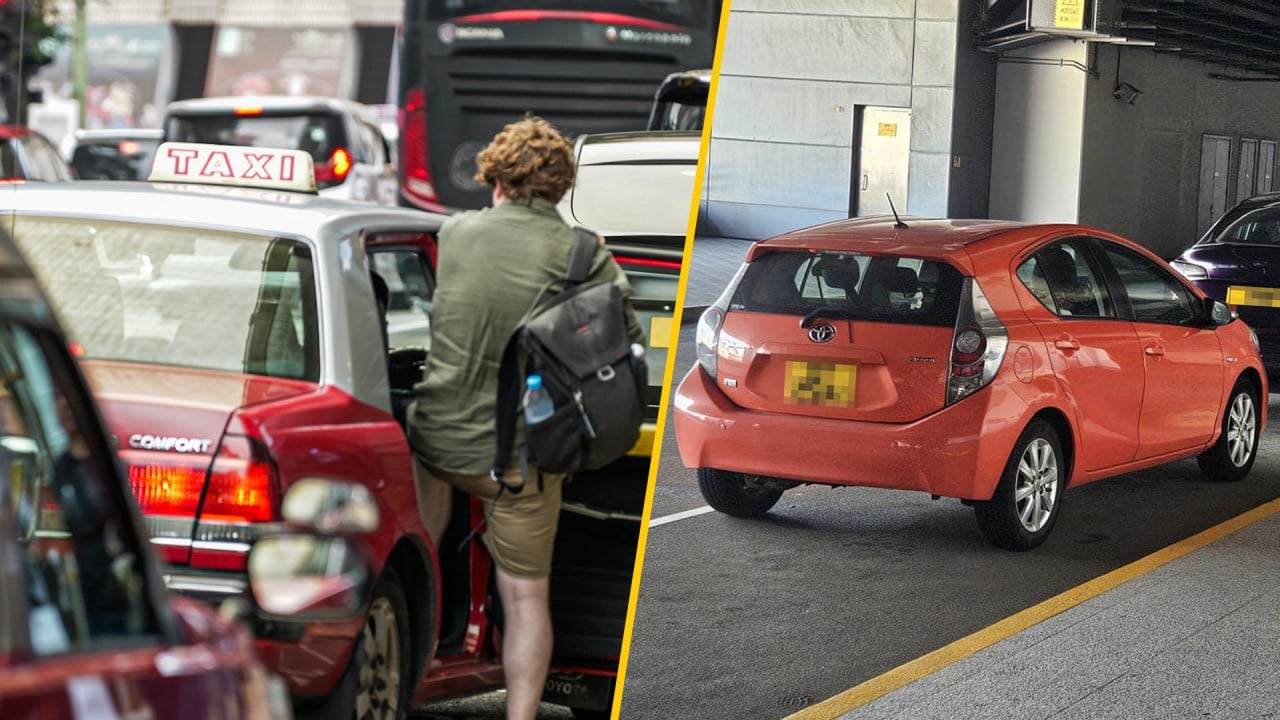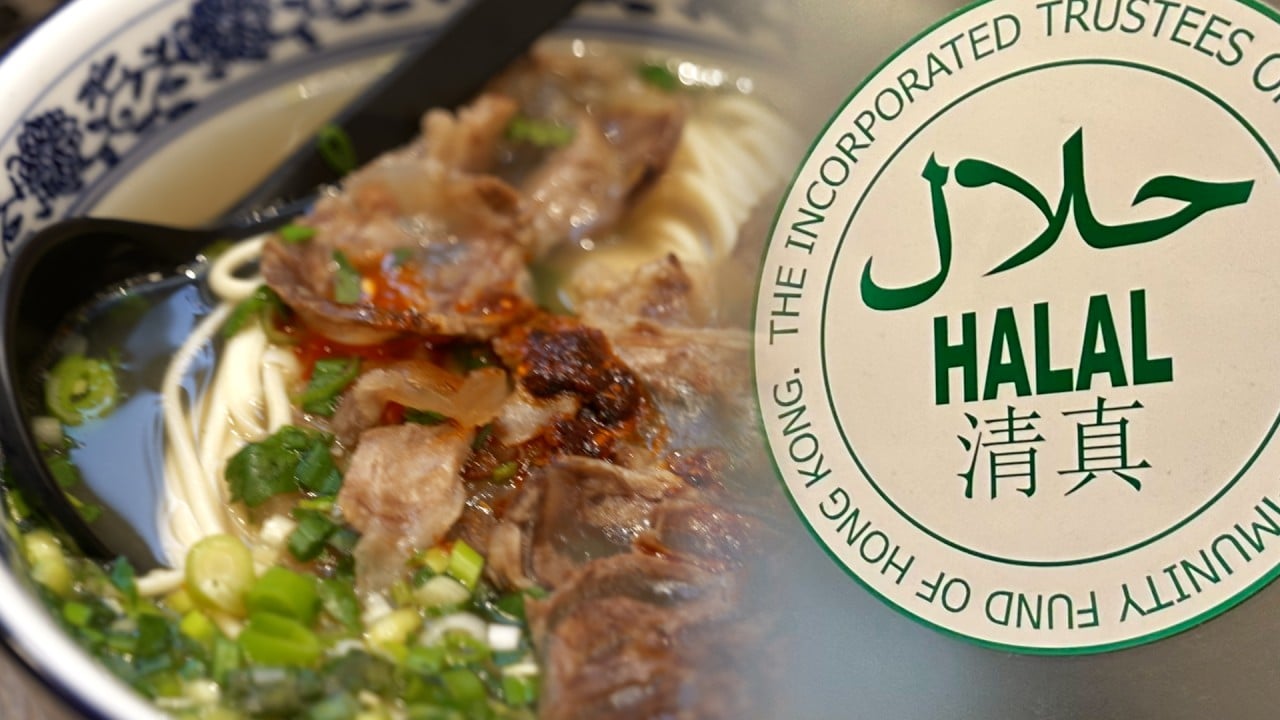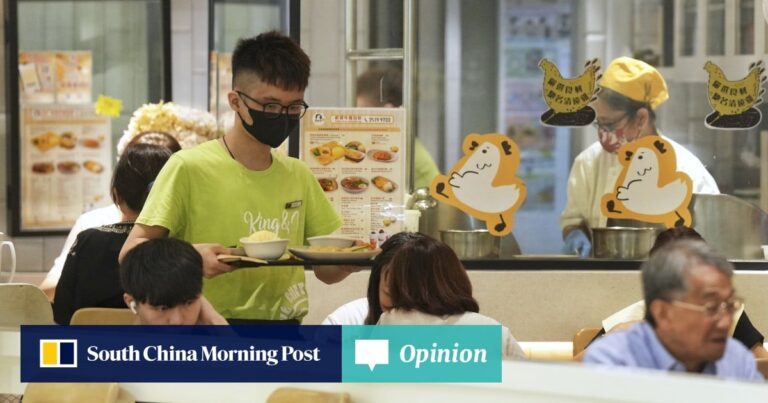This week, the Hong Kong Tourism Board rebooted a 2002 campaign starring actor Andy Lau in response to growing criticism of Hong Kong’s service standards. In this series of new ads, Louis Koo Tin-lok takes over the role and is one of the actors urging Hong Kong’s service staff to “try harder.” I sympathize with the tourism board, which has a tough task to restore Hong Kong’s appeal as a tourist destination. I do not envy the position they are in to boost Hong Kong’s appeal to tourists at a time when everything seems to be hurting Hong Kong, given factors such as changing spending habits of visitors from mainland China, who make up the majority of tourists to Hong Kong, and increased competition from other major Asian tourism hubs. But bringing together a bunch of picture-perfect celebrities to point the finger at frontline service staff and urge waiters, salespeople and taxi drivers to try a little harder is not the right answer. A recent survey by the Hong Kong Association of Small Businesses found that 70% of local small businesses reported a decline in performance compared to pre-pandemic levels. Hong Kong’s food and beverage industry is still suffering from a labour shortage across the board, leaving existing waitstaff to serve even more customers. In fact, what I’d most like to know is if any of the celebrities on the advertising call sheet have ever worked in the service industry. If so, they probably wouldn’t have taken the job. The reality is that the service industry is generally, and always has been, a tough business serving people. With labour shortages and a tough economy, life seems tougher than ever for the city’s often overlooked blue-collar workers.
This is no excuse for rude behavior, but the spectacle of highly paid actors expecting lower-paid servers in the restaurant, retail and taxi industries to raise standards is a grotesque sight.

04:41
Where do drivers stand in Hong Kong’s Uber vs. taxi battle?
Where do drivers stand in Hong Kong’s Uber vs. taxi battle?
The biggest irony is that by relaunching the campaign, the tourism bureau has inadvertently proven a point most locals probably already know: except perhaps in ultra-fine restaurants, service levels in Hong Kong in general have always been poor. It’s been 20 years since Lau made the catchphrase “This kind of service attitude is not good enough these days” famous in a government-sponsored campaign, but Hong Kong is still not a city of smiles. The fact is, having your plate taken from under you as you take your last bite is a rite of passage in Hong Kong, just as defiantly saying “I’m walking!” while someone pushes you off the sidewalk is a sign of arrival in New York. Again, this is not to condone the unprofessional behavior of some people who seem willing to vent their frustrations on customers, or who discriminate against them on the basis of where they come from or what language they speak. But if Hong Kong is still a place where most tourists visit for its rugged charm, its rugged people are part of that charm.

09:16
Hong Kong is hoping to attract more Muslim tourists, but is the city lacking in halal restaurant options?
Hong Kong is hoping to attract more Muslim tourists, but is the city lacking in halal restaurant options?
What if, instead of imposing expectations on minimum-wage workers, stars donned a dirty apron for a day to confront and empathize with the realities of frontline restaurant workers? What if, instead of creating contrived ads with celebrities acting out fake scripts, tourism boards worked with Khoo and his next generation of creatives to expose the realities of the high-pressure job and foster a culture of mutual respect among customers, staff and tourists? As the late Anthony Bourdain once said, widely misattributed but nonetheless apt: “Anyone who’s worked in a restaurant knows right away that there’s an empathy that can only be cultivated by someone who’s stood between a hungry mouth and a $28 pork chop, a special understanding of how a motley crew of misfits can become a family.”
Imagine what would have happened if you had told Bourdain that service standards should not end at “good enough” — you probably would have been kicked out of his restaurant, too.
Annika Park is a senior strategist at TBWA Hong Kong.

